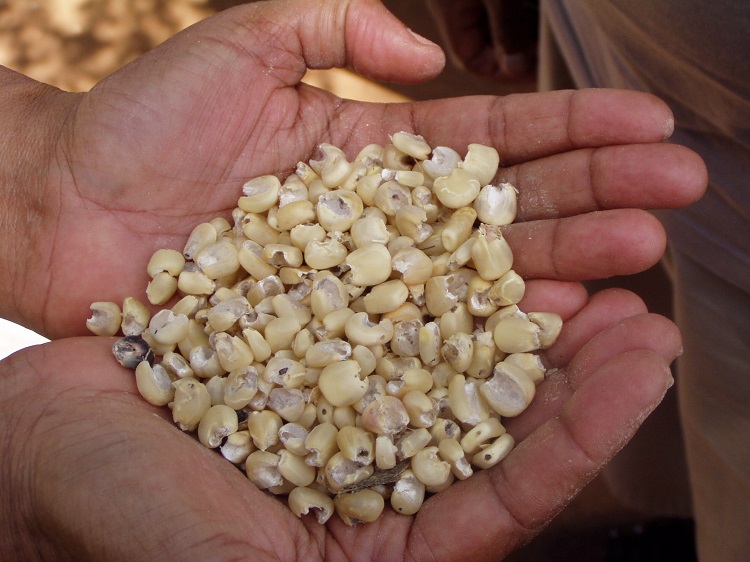
In the fourth and final article in this series on the prevention of food loss and waste, NRI’s Professor Steve Belmain outlines his work researching the ecology of rodents as pests in agriculture, and as disease vectors.
NRI and its predecessors have been finding solutions for tackling food loss and waste for over a century. The first ever International Day of Awareness of Food Loss and Waste, was held in September 2020, drawing global attention to this important issue. NRI is taking this opportunity to share some of its most exciting projects, old and new.
Since joining NRI in 1998, Professor Belmain has become one of the leading international scientists carrying out research on rodents, working across Asia and Africa helping rural and urban communities to overcome their pest problems. His research has been crucial in understanding the transmission risks of zoonoses (diseases that are transmissible from animals to humans) as well as understanding the fundamental drivers of rodent population outbreaks.
“Rats and mice are big problems in food stores. Not only do they consume all sorts of food, but they contaminate stores with their urine and faeces, which might contain various diseases such as Salmonella and other gastro-enteric diseases as well as severe zoonotic diseases such as hanta virus. In cereal grain storage, rodents have been shown to consume 5 to 15 percent of a smallholder farmer’s granary over a three-month period.

In addition to the losses, rats and mice also damage much more grain by selectively removing the germ from each seed as well as hoarding large quantities back in their burrows. Rodent-damaged grain then becomes more susceptible to insect and fungal damage. Furthermore, rodent urine encourages fungal growth and aflatoxin contamination.
The most common way of controlling rodents in food storage and processing is to use poisons, but, using such products in food stores is risky as rats and mice can move poison baits around which might contaminate food in the stores with the poison. Recent research at NRI has shown that hermetic bags that are being promoted to control insect pests in grain stores can also work to prevent rodent damage.
Although most hermetic bags are simply special kinds of thin plastic bags that rodents cannot easily gnaw through, it seems that the hermetic bags prevent odour from the grain escaping – thus the rodents cannot smell the grain inside the bags and so leave them alone. Field trials to evaluate these non-toxic alternatives in Africa are ongoing through the African Union EcoRodMan project.”
To find out more about:

